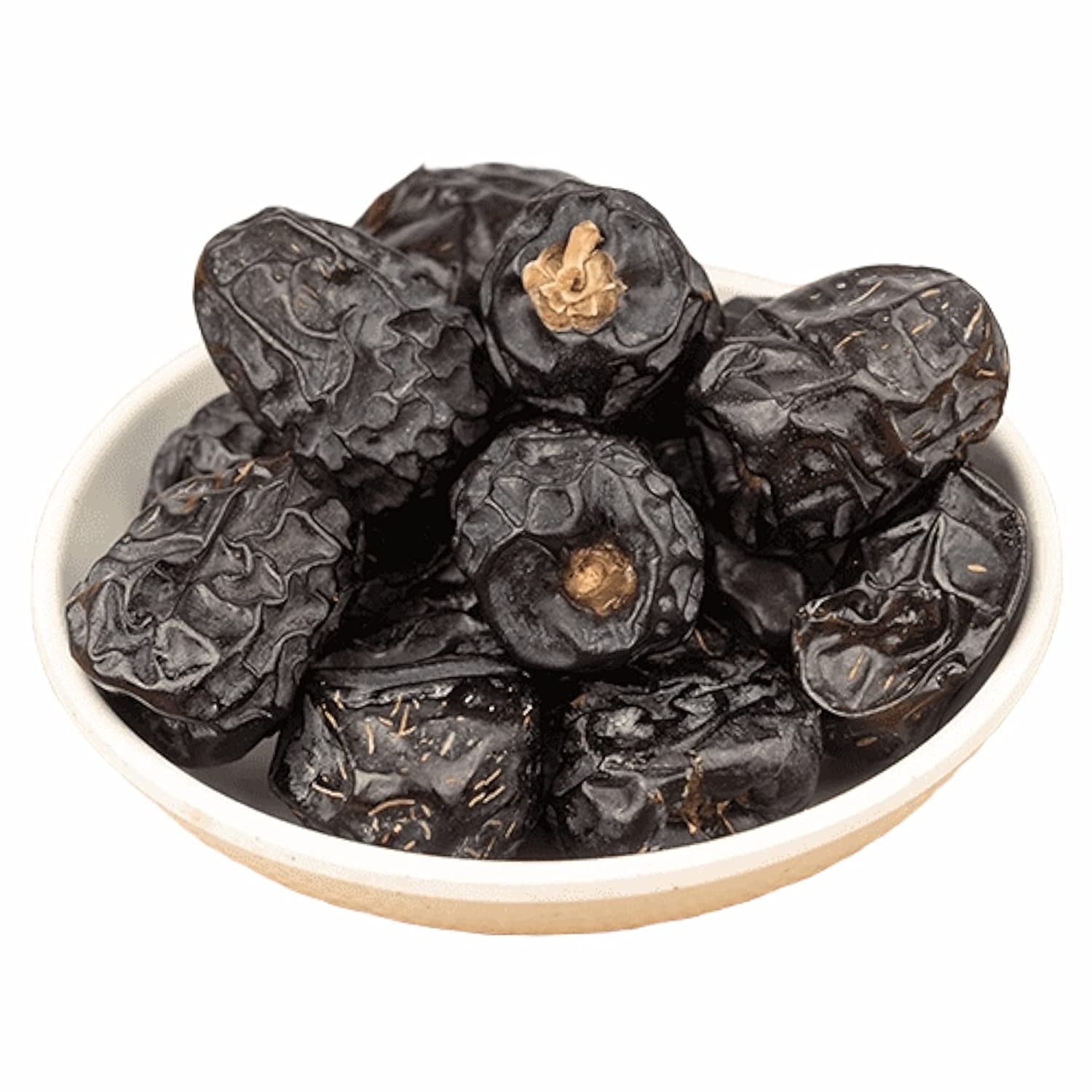Ajwa Dates: A Taste of Tradition in Malaysia

Exploring the Rich Tradition of Ajwa Dates
A Timeless Symbol of Celebration
Ajwa dates have long been revered for their rich flavor and nutritional benefits, but their significance extends far beyond mere sustenance. Ajwa dates Malaysia hold a special place in various traditions and religious observances.
Symbolism in Islamic Culture
In Islamic culture, symbolism holds profound importance, often intertwined with daily practices, rituals, and beliefs. Ajwa dates, revered as the “healing fruit,” carry significant symbolism in Islamic tradition. This symbolism is rooted in both religious teachings and historical anecdotes, enriching the spiritual and cultural fabric of Islamic communities worldwide.
Dating back to the time of Prophet Muhammad, the significance of these dates is documented in Islamic scriptures, including the Quran and Hadith. According to Islamic tradition, the Prophet Muhammad praised the virtues of these dates, highlighting their unique healing properties and recommending their consumption for physical and spiritual well-being.
Ajwa dates are mentioned in various Hadith (sayings of the Prophet Muhammad) that emphasize their medicinal benefits and spiritual significance. One such Hadith narrates that the Prophet Muhammad said, “If somebody takes seven ‘Ajwa dates in the morning, neither magic nor poison will hurt him that day.” This statement underscores the protective and fortifying qualities attributed to these dates in Islamic culture.
Moreover, these dates hold particular significance during the fasting month of Ramadan, a sacred period of spiritual reflection and self-discipline for Muslims worldwide. Breaking the fast with dates is a cherished tradition that dates back to the time of the Prophet Muhammad himself, who would break his fast with dates and water. This practice symbolizes the restoration of energy and sustenance after a day of fasting, as well as the fulfillment of a Sunnah (the Prophet’s teachings and practices).
Beyond their physical nourishment, these dates symbolize spiritual purity and divine blessings in Islamic culture. They are considered a gift from Allah, bestowed upon humanity for sustenance and healing. As such, consuming them is not only a culinary practice but also an act of faith and gratitude towards the Creator.
The Cultural Significance of Ajwa Dates
Celebratory Occasions
In Malaysia, Ajwa dates are often served during festive occasions, such as Eid al-Fitr and Eid al-Adha, marking the end of Ramadan and the Hajj pilgrimage, respectively. They are shared among family and friends as a symbol of joy, abundance, and gratitude.
Traditional Remedies and Practices
Beyond their role in celebrations, these dates are also valued for their medicinal properties. In Malaysian culture, they are believed to possess various health benefits, including boosting energy levels, aiding digestion, and strengthening the immune system. As such, they are often consumed during times of illness or as a daily supplement to promote well-being.
Conclusion
Ajwa dates are more than just a delicious snack; they are a symbol of tradition, culture, and religious significance in Malaysia and beyond. Whether enjoyed during festive gatherings or as part of daily rituals, these dates continue to hold a cherished place in the hearts and homes of people around the world.
Key Highlights:
– Ajwa dates are revered for their rich flavor and nutritional benefits.
– In Islamic culture, they hold spiritual significance and are often referred to as the “healing fruit.”
– In Malaysia, they are enjoyed during festive occasions and valued for their medicinal properties.
– They symbolize joy, abundance, and gratitude, making them an integral part of cultural and religious traditions.